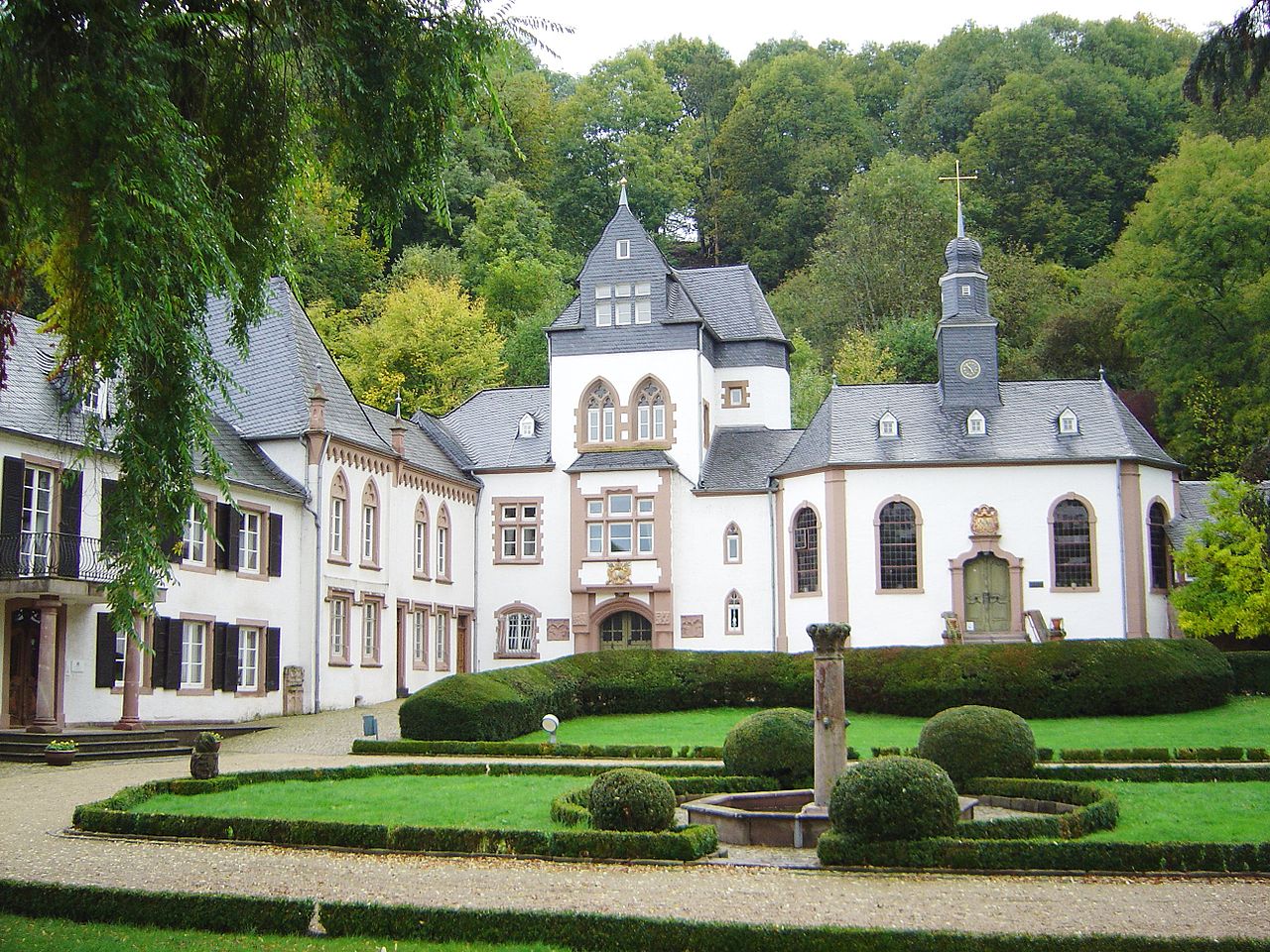Seminar Report on Dagstuhl Seminar publishedConversational Agent as Trustworthy Autonomous System (Trust-CA)
23 February 2022, by Ricardo Usbeck

The seminar report for our participation in the Dagstuhl report is finally out: https://drops.dagstuhl.de/opus/volltexte/2022/15770/
Abstract: The report documents the program and the outcomes of Dagstuhl Seminar 21381 "Conversational Agent as Trustworthy Autonomous System (Trust-CA)". First, the report presents the abstracts of the talks delivered by the Seminar’s attendees. Then, it reports on the origin and process of our six breakout (working) groups. For each group, the report describes its contributors, goals and key questions, key insights, and future research. The themes of the groups were derived from a pre-Seminar survey, which also led to a list of suggested readings for the topic of trust in conversational agents. The list is included in this report for references.
Background: The head of the semantic systems group, Prof. Dr. Ricardo Usbeck, was invited to join the prestigious Dagstuhl Seminar on Conversational Agents as Trustworthy Autonomous System. The Dagstuhl Seminar 21381 took place as a hybrid event from September 19-24 2021, see also https://www.inf.uni-hamburg.de/en/inst/ab/sems/news/2021/dagstuhldetails.html
About the Dagstuhl Seminar: It is repeatedly confirmed that Dagstuhl Seminars are the most productive scientific events that scientists have experienced. The atmosphere is designed for personal interaction, the extensive scientific working equipment, the wonderful surroundings. The best computer science researchers from all over the world meet at Dagstuhl Castle. Lately, also hybrid or online only meetings are possible. Even if it seems odd, we experience the hybrid meeting as thought-provoking and exciting. Dagstuhl Seminars are the main focus of Schloss Dagstuhl in terms of content. There is an event of this kind practically every week.
We want to thank the organizers Asbjorn Folstad (SINTEF – Oslo, NO), Jonathan Grudin (Microsoft – Redmond, US), Effie Lai-Chong Law (University of Leicester, GB) and Björn Schuller (Universität Augsburg, DE).
